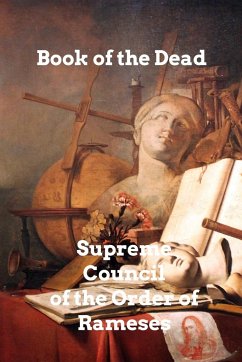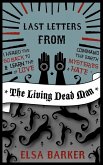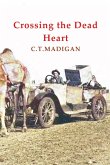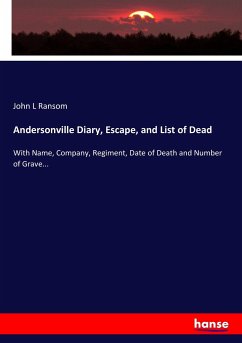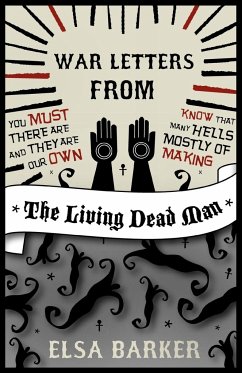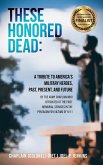The Book of the Dead is an ancient Egyptian funerary text generally written on papyrus and used from the beginning of the New Kingdom (around 1550 BCE) to around 50 BCE. The original Egyptian name for the text is translated as Book of Coming Forth by Day or Book of Emerging Forth into the Light. "Book" is the closest term to describe the loose collection of texts consisting of a number of magic spells intended to assist a dead person's journey through the Duat, or underworld, and into the afterlife and written by many priests over a period of about 1,000 years. Karl Richard Lepsius introduced for these texts the German name Todtenbuch (modern spelling Totenbuch), translated to English as Book of the Dead. The Book of the Dead, which was placed in the coffin or burial chamber of the deceased, was part of a tradition of funerary texts which includes the earlier Pyramid Texts and Coffin Texts, which were painted onto objects, not written on papyrus. Some of the spells included in the book were drawn from these older works and date to the 3rd millennium BCE. Other spells were composed later in Egyptian history, dating to the Third Intermediate Period (11th to 7th centuries BCE). A number of the spells which make up the Book continued to be separately inscribed on tomb walls and sarcophagi, as the spells from which they originated always had been.

